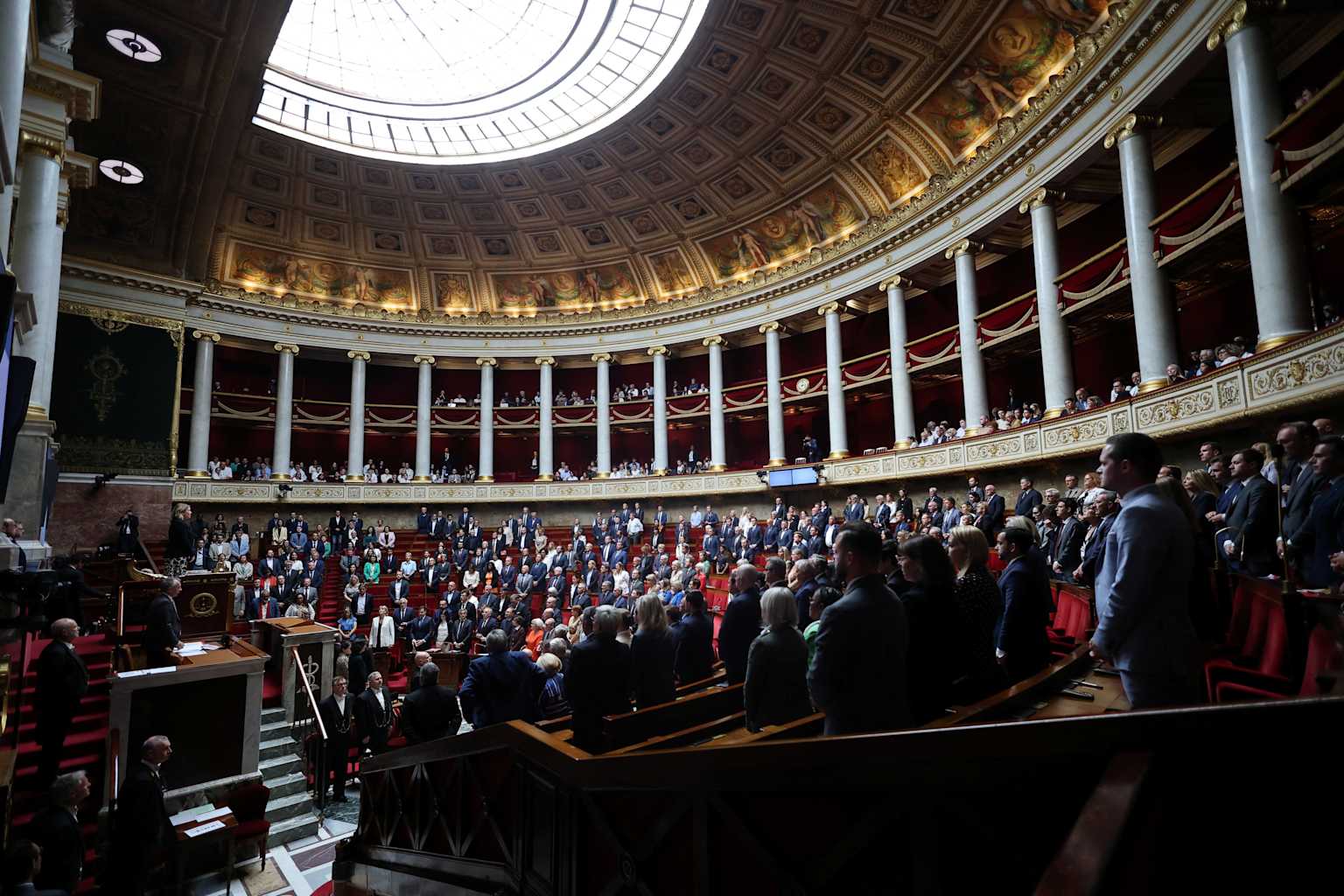- Emergency Measures Target State and Social Programs
- Political Stakes Rise for Bayrou Government
- Long Road to Fiscal Compliance
The French government announced Thursday it will slash an additional €4.7 billion in spending this year as the country struggles to meet its budget deficit target amid mounting fiscal pressures. The cuts, which come on top of €5 billion already frozen in April, underscore France's deepening challenge to restore financial stability while navigating political turbulence.
The move reflects the government's determination to hit its 2025 deficit target of 5.4% of GDP, even as spending has exceeded projections while tax revenues remain on track with expectations.

Economy Ministry officials said the new cuts will target €3 billion from the central state budget and €1.7 billion from social security spending1. The reductions are necessary because state spending this year has surpassed what the 2025 budget accounted for, even though tax income is meeting forecasts1.
"The diagnosis is clear, and so are the decisions: meeting the public deficit target of 5.4% of GDP in 2025 remains achievable, but subject to an additional effort of 5 billion euros on spending," the Finance Ministry said in a statement2.
The announcement follows months of fiscal strain. France's deficit reached 6.1% of GDP in 2024, more than double the EU's 3% limit34. The country's public debt is projected to reach 114.7% of GDP by 20253.
Prime Minister François Bayrou's minority government faces mounting pressure from opposition parties seeking to trigger a no-confidence vote1. The centrist leader is preparing to outline €40 billion in new spending cuts for next year's budget in the coming weeks1.
The cuts span multiple sectors, with the culture ministry losing €150 million in government funding and local councils seeing €2.2 billion in state subsidies eliminated2. The Académie des beaux-arts has denounced what it calls the "violence" of funding cuts faced by the cultural sector2.
France aims to bring its deficit below 3% of GDP by 2029 to comply with EU fiscal rules1. The International Monetary Fund projects the country will need a structural fiscal effort of 1.1% of GDP in 2026, followed by an average of 0.9% per year over the medium term1.
Under current policy, the deficit would remain around 6% of GDP in the medium-term without additional measures, keeping debt on an upward trend until 20301. The government initially included €53 billion in spending cuts and tax hikes in its 2025 budget2.



